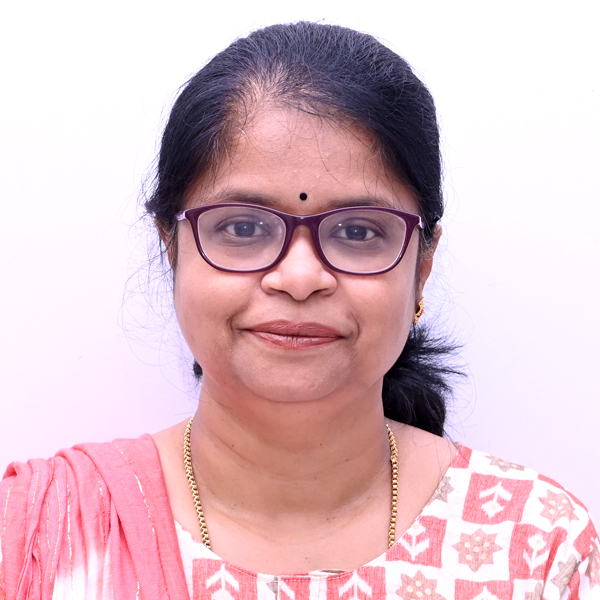Activities
Continuing Medical Education
Every Tuesday afternoon is devoted to continuing Medical Education activities, which include Departmental CMEs twice a month, P.I.M.S. Scientific Society activities once a month and Hospital Mortality Audit once a month. CME / Scientific Society activities involve faculty as well as students, and include CPCs, Debates, an Internal and an External Oration and a Scientific Society Day when faculty, postgraduates and undergraduate students get to showcase their research work.
One day CMEs with TNMC credit points are also conducted.
Read More
Faculty Development Program
From 2009 FDP programmes are being conducted yearly once. From 2012, the Basic Course Workshop on Medical Education Technology as per the schedule of MCI, with MCI observer is being conducted twice a year. Additionally focused workshops on various aspects of Medical Education Technology, like working with MS PowerPoint, MS Excel, Google forms, MOODLE and other technological innovations are conducted on a regular basis.
Read More
Curriculum Innovations Foundation Course As Orientation
The Foundation course based on 'Vision 2015' of MCI (2010) was being conducted in the form of an extended orientation for the MBBS students at admission for 2 weeks since 2011. The Goal is to prepare them to study medicine effectively. The objectives are to make them aware of the MCI and PIMS goals, National health policies and the health care system of India. The medical trainees are familiarized with the history of medicine and role of research for its progress during this period. They are also introduced to the medical college and hospital, with an overview of the 4 and half years of studies. They get brief introduction to and hands-on trainingin first aid and BLS, patient safety and bio medical waste disposal and universal precaution and vaccination. Interpersonal relationship, team work, medical ethics and professionalism, communication skills, time management, stress management and learning methods are also dealt with, along with training in English and Tamil and in handling computers and software. These sessions are interactive and interspersed with sports and extra circular actives. Currently the practice has been melded with the Foundation Course mandated by the National Medical Commission.
Early Clinical Exposure
The first year medical students are given adequate exposure to actual patient care. This helps to achieve the following objectives.
- Recognition of the relevance of the basic science subjects taught in the class room, thus making the learning "contextual"
- As adult learners, the experience of early clinical exposure motivates them to learnand integrate the ethics and professionalism in the doctor patient relationship
- Under Community Medicine, the exposure to society and the health system makesthem aware of the social accountability in medical education
- Supervised visits to the hospital environment helps prepare the first year student for the upcoming clinical years of training.
Integrated Teaching
Integrated teaching is a part of the teaching learning schedule of PIMS since 2011. There is both vertical and horizontal integration in all the three disciplines. These sessions are case based so that competency-based learning occurs in all the three domains of knowledge skill and attitude
Skill Training
The students,from their first year onwards, are given structured skill training in IV Therapy, Sample collection, measurement of pulse and blood pressure, Hand washing, and Biomedical waste disposal.
The Interns have a 2-day Orientation where the above are reinforced. They are further taught general procedures such as insertion of urinary catheter, infection prevention, patient safety and communication skill. During the period of Internship, they undergo a 2-day intensive training on CPR and BLS in the skill lab"
Evaluations
A unique innovation started in 2015, and conducted yearly till 2018, and twice a year from 2019 onwards is the Interns' Exit Exam. The exam tests basic must-know competencies that an intern must possess before beginning to practice in the community, and include such skills as BLS, measurement of blood pressure, urinary catheterization, suturing, interpretation of auscultation findings, interpretation of ECGs, writing a death certificate, filling out a consent form and obtaining consent, breaking bad news etc. Interns who are unable to achieve the set standards in any of the tested skills are given necessary feedback, the opportunity to relearn and are tested again before being certified.
Technological Updating
The department strives to stay abreast of technological advances. The faculty are encouraged to attend training courses such as the MCI / NMC approved Advanced Course in Medical Education (ACME) - so far 11 of the adjunct faculty in the department have joined the course - and the FAIMER fellowship. Equipment in the department is also kept updated and newer technology are tried out
Research In Medical Education
Our faculty have conducted and published a number of research projects in Medical Education Technology, details of which can be found in the publications list
Skill Lab
The skill lab attached to the department is well equipped with a number of hi-fidelity manikins. Importantly, the lab is regularly used by undergraduate and postgraduatestudents of medical as well as nursing courses. Efforts are being made to expand the lab with the provision of immersive programs and virtual reality programs.
Library
The library attached to the department of more than 50 books on Medical Education Technology and a number of journals, both print and online for the use of the faculty.

Meet our Doctors
Medical Education




